Posted on 12/20/2024
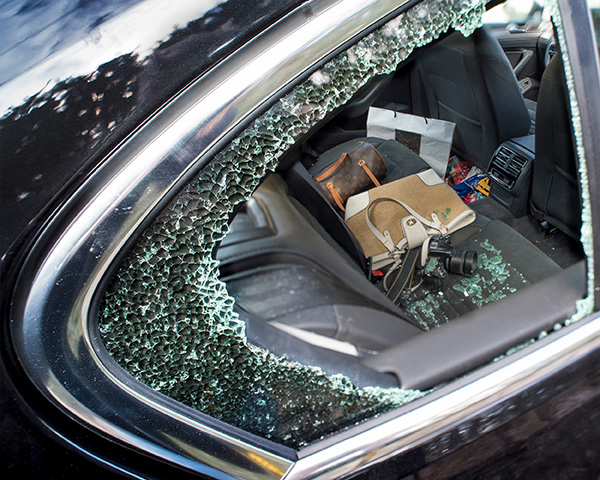
Car break-ins are an all-too-common problem, especially in urban areas like San Francisco, CA. While thieves often target vehicles for valuables, sometimes they’re just looking for an opportunity. Protecting your car doesn’t have to be complicated. By taking a few proactive steps, you can significantly reduce the chances of becoming a target. Let’s explore six practical ways to keep your car safe and secure. Always Lock Your Doors and Roll Up the Windows It might seem obvious, but many car break-ins happen because drivers forget to lock their doors or leave windows slightly open. A car with an unlocked door is an open invitation for thieves. Even if you’re stepping away for just a minute, take the extra second to double-check that everything is locked and secure. Don’t Leave Valuables in Plain Sight A visible phone, laptop bag, or even loose change can attract unwanted attention. Thieves often act on impulse, and seein ... read more
Posted on 11/29/2024
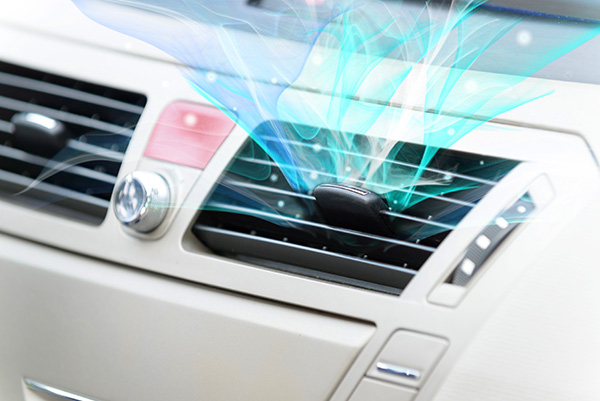
Your car is your personal space on wheels, and there’s nothing worse than stepping inside only to be hit with a strange, unpleasant smell. Whether it’s a musty odor, something burning, or the unmistakable scent of old food, odd smells in your car can quickly ruin the driving experience. But these odors aren’t just nuisances—they could be signs of underlying issues that need attention. So, what’s causing these smells, and how do you tackle them effectively? Common Causes of Weird Car Smells Understanding where the smell is coming from is the first step. Here are some of the most common culprits and what they might mean: Burning Smell: This could indicate an issue with your brakes, clutch, or even electrical wiring. If you notice this odor while driving, it’s worth stopping to check things out. Musty Odor: A damp or musty smell often points to moisture buildup, typically in your air conditioning sy ... read more
Posted on 10/31/2024
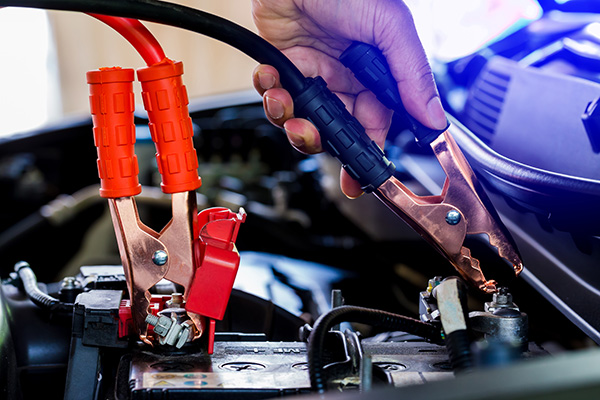
There’s nothing more frustrating than hopping into your car, turning the key, and...nothing. If your car’s battery keeps dying, you’re likely left stranded and confused about why it keeps happening. While it’s easy to assume the battery is the issue, various factors could contribute to its frequent failure. So, what’s going on under the hood? 1. Electrical Components Left On One of the most frequent causes of a dead battery is something as simple as leaving your lights on. Headlights, interior lights, or even the glove box light can drain the battery if left on when the car is turned off. Many modern vehicles are designed to automatically shut off electrical components after the car is powered down, but this isn’t always foolproof. If you regularly find yourself needing to jump-start your vehicle, double-check that everything is ... read more
Posted on 9/27/2024

Autumn is just around the corner, and while it brings cooler weather and beautiful sights, it also means your car needs some extra attention. The changing season can affect your vehicle in ways you might not realize. Preparing your car for autumn is key to avoiding unexpected breakdowns and ensuring it’s ready to handle the chillier, unpredictable weather. So, what should you focus on before the leaves start falling? Check Your Tires for Wear and Pressure Tires are one of the most important components of your car, and they need special attention as the temperatures drop. Cooler air can cause your tire pressure to decrease, which can lead to poor handling and reduced fuel efficiency. Start by checking the tire pressure and adjust it according to your car's manual recommendations. Most gas stations have air pumps available, making it easy to get your tires in shape. Also ... read more
Posted on 8/30/2024
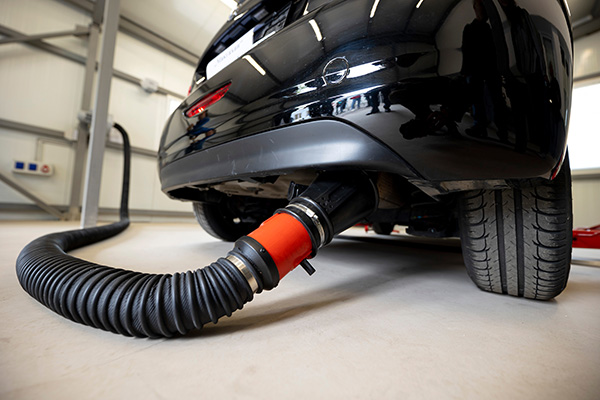
When it comes to your vehicle, nothing is more important than keeping it in top shape—not just for performance but for compliance with local regulations. One of the critical components that often requires attention is the exhaust system, especially when it comes to passing smog tests. You may wonder, “How does the exhaust system affect my chances of passing a smog check?” or “What steps do repair shops take to ensure my vehicle meets emissions standards?” Let’s break down the process and show you how we get your vehicle ready to ace that smog test. The Exhaust System's Role Before we jump into how we fix exhaust systems, let’s briefly discuss what the exhaust system does. Essentially, the exhaust system directs harmful gasses away from the engine and out of the vehicle. It plays a crucial role in reducing emissions and ensuring your car runs efficiently. A malfunctioning exhaust system can lead to increased emissions, whi ... read more
Posted on 7/26/2024

We've all been there—rushing from one place to another with barely enough time to grab a quick bite. It's tempting to eat while driving, especially with the convenience of fast food. But have you ever considered the risks involved? Eating while driving might seem harmless, but it can be surprisingly dangerous. We will explain why this common habit poses significant risks and how to stay safe on the road. Why Eating While Driving is Risky Eating while driving is a form of distracted driving, which is a leading cause of accidents. When you're behind the wheel, your full attention should be on the road, your surroundings, and the operation of your vehicle. Eating diverts your focus in several ways: Physical Distraction Your hands are occupied with food instead of being on the wheel. Whether it's unwrapping a burger or reachin ... read more
Posted on 6/26/2024
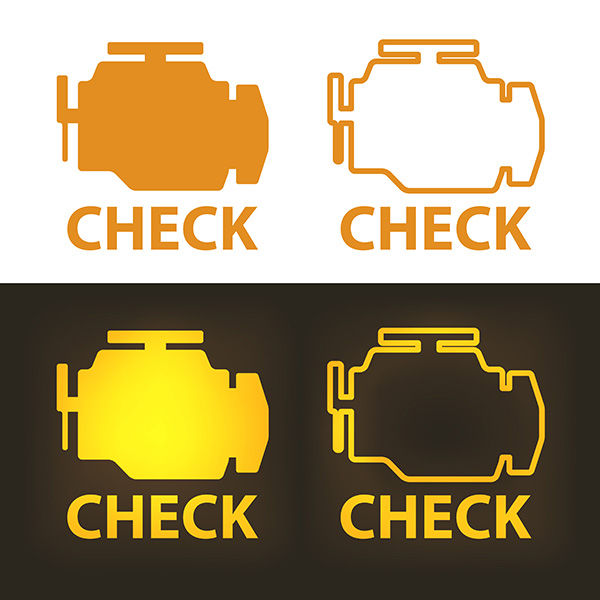
Flashing check engine lights can strike fear into the heart of any car owner. You're driving along, minding your own business, and suddenly, there it is - that ominous flashing light on your dashboard. But what does it really mean? Is it something to be worried about, or could it simply be a minor glitch in the system? Understanding the Flashing Check Engine Light When your vehicle's check engine light starts flashing, it indicates a potentially serious problem with the engine that needs immediate attention. Unlike a steady check engine light, which may signal a non-urgent issue, a flashing one demands prompt action. Ignoring it could lead to further damage and costly repairs down the line. Interpreting the Warning Signs The flashing check engine light typically signifies an engine misfire that can potentially damage the catalyt ... read more
Posted on 5/29/2024
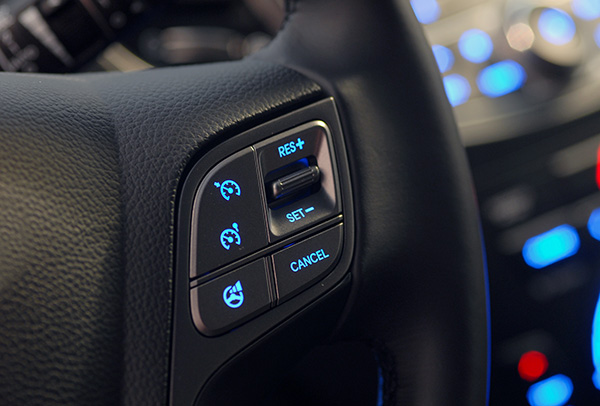
Cruise control is a fantastic feature that allows drivers to maintain a steady speed without constantly pressing the accelerator. However, like any tool, it must be used correctly to ensure safety and efficiency. This article will explore drivers' common mistakes when using cruise control and how to avoid them. Whether you're a seasoned driver or a novice, understanding these pitfalls can help you use cruise control more effectively and safely. 1. Using Cruise Control in Heavy Traffic One of the most dangerous mistakes is using cruise control in heavy traffic. Cruise control is designed for steady driving conditions, typically on highways with minimal traffic. When traffic is heavy, you need to adjust your speed frequently, which is not feasible with cruise control engaged. This can lead to sudden braking or acceleration, increasing the risk of accidents. Always turn off cruise control in congested areas to maintain full control over your vehicle. ... read more
Posted on 4/28/2024
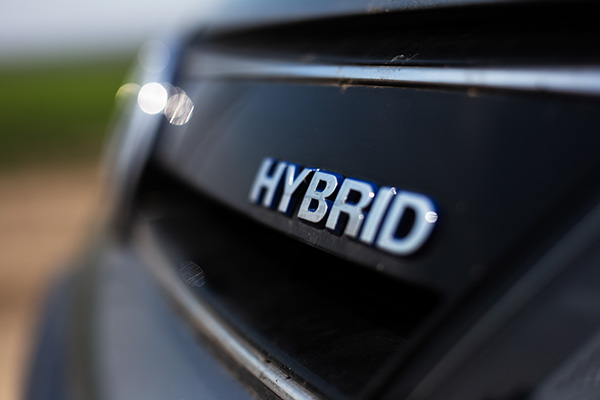
Hybrid vehicles offer a blend of fuel efficiency and eco-friendliness, but like any other vehicle, they require regular maintenance to perform at their best. From extending battery life to maximizing fuel economy, here are some essential maintenance tips to keep your hybrid vehicle in top condition. The Car's Hybrid System It's important to understand how your hybrid system works. Hybrids combine an internal combustion engine with an electric motor and a battery pack. Familiarize yourself with the components and their functions to better care for your vehicle. Understanding the hybrid system empowers you to recognize potential issues early and take proactive steps to address them, ensuring optimal performance and longevity for your vehicle. Regular Battery Checks The battery pack is the heart of a hybrid vehicle, so it's necessary to monitor its health regularly. Check for any signs of corrosion or leakage around the battery terminals ... read more
Posted on 3/29/2024
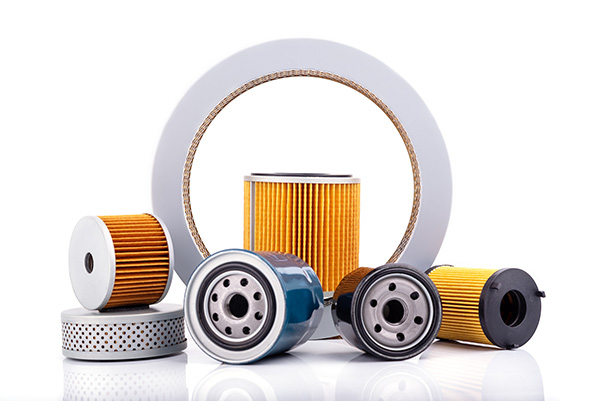
Your car relies on various fluids to keep its essential systems running smoothly. Did you know that there are filters in place to ensure these fluids stay clean and free of contaminants? Engine Oil Filter The engine oil filter plays a vital role in maintaining the health of your engine. As engine oil circulates through the engine, it picks up dirt, debris, and other contaminants that can cause premature wear and damage. The oil filter traps these impurities, preventing them from circulating further and potentially causing harm to engine components. Over time, however, the oil filter can become clogged with debris, reducing its effectiveness. Regularly changing the oil filter, typically during oil changes, helps ensure clean oil ci ... read more